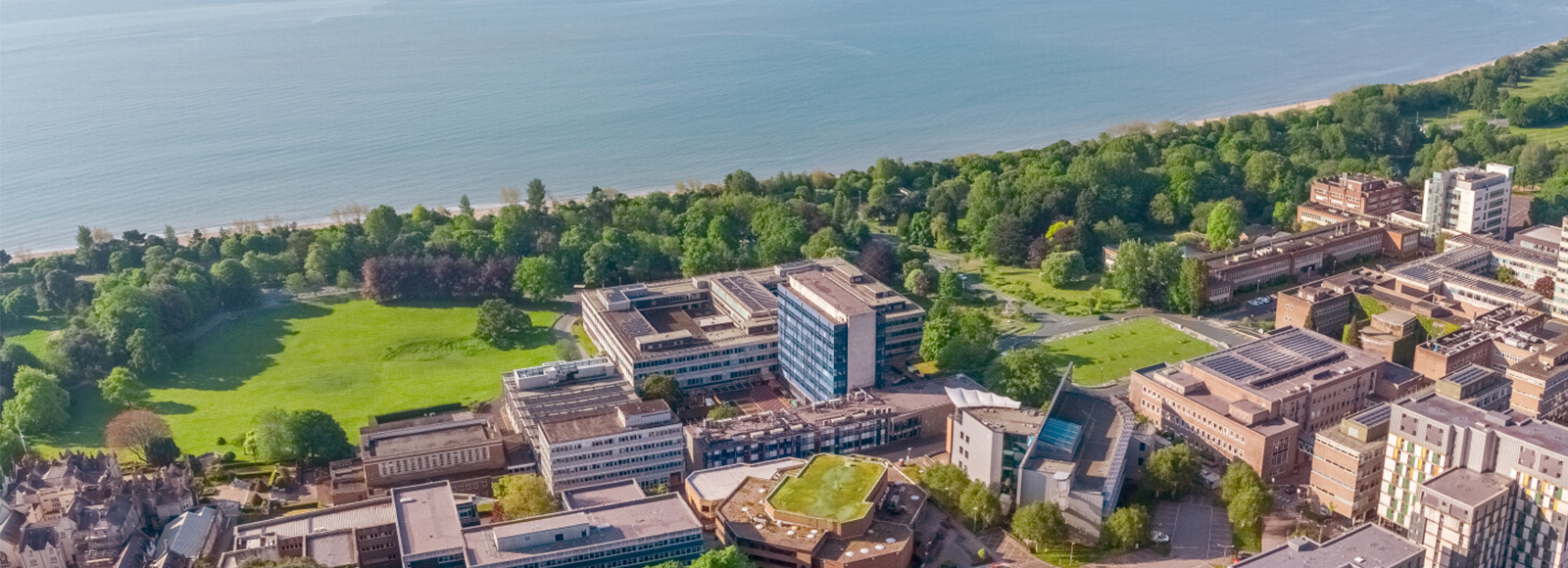- ...
Masters Compare - Find your perfect masters course.


Closing date: 9 August 2024
Funding providers: EPSRC iCASE and Airbus Operations Limited
Subject areas: Experimental Mechanics, Digital Image Correlation (DIC), Mechanical Engineering, Aerospace Engineering, Materials, Cryogenics, Hydrogen
Project start date:
Supervisors:
Aligned programme of study: PhD in Biomedical Engineering
Mode of study: Full-time
Project description:
Hydrogen is one of the leading candidates for the propulsion of next generation aircraft. Airbus’ Structures Test department is interested in continuously developing and refining an understanding of how materials and components behave when exposed to the cryogenic temperatures required to store hydrogen in its liquid form. The existing methods for instrumenting specimens for tests conducted at cryogenic temperatures are limited. Digital image correlation (DIC) is a non-contact optical measurement technique that can capture full-field displacement and strain on components under test. DIC is highly adaptable and is widely applied in mechanical testing when complex, non-uniform strain fields are expected and where point-based measurements (e.g. strain gauges) are insufficient. With the increasing need to test materials and components at cryogenic temperatures comes the need to instrument these tests with data-rich techniques that function in challenging cryogenic temperatures. The project will aim to develop novel approaches to enable the use of DIC during cryogenic mechanical testing and significantly advance the current instrumentation capabilities in preparation for testing the next generation aircraft.
DIC relies on good optical access and a well-sized, high-contrast pattern with the correct adhesion and deformability for the structure and durability for its environment. Depending on the materials of interest, the surface may become compromised in cryo-temperatures, hydrogen environment as well as the optics themselves, reducing the image quality. Equally in situ mechanical testing with any imaging techniques has its own challenges at low temperatures, e.g., thermal effects on the load train and sample mounts. The Team at the Biomedical Engineering Simulation & Testing Lab (BEST Lab), led by Dr Arora, are actively pushing the boundaries of DIC, as well as particle image velocimetry (PIV) and digital volume correlation (DVC) amongst other image-based experimental mechanics methods. Measurements in challenging conditions are a focus of the Team for >15 years. The challenge of cryo-imaging may require bespoke and novel solutions to the imaging setup. Such challenges working in extreme environments and translation from the lab to fieldwork have been addressed by the Team over the years. The Team has experience working on large structures and field tests, ensuring DIC best practice remains in place in practical industrial settings. Challenges with strain corrections due to variable distortions, pattern durability, application compatibility and technique effectiveness under controlled cryo-temperatures needs to be pursued in this studentship.
For more details please see here: https://www.swansea.ac.uk/postgraduate/scholarships/research/biomedical-engineering-epsrc-icase-airbus-phd-digital-2024-rs663.php
English Language: IELTS 6.5 Overall (with no individual component below 5.5) or Swansea University recognised equivalent. Full details of our English Language policy, including certificate time validity, can be found here.
This scholarship is open to candidates of any nationality.
ATAS
Please note that the programme requires some applicants to hold ATAS clearance; further details on ATAS scheme eligibility are available on the UK Government website
ATAS clearance IS NOT required to be held as part of the scholarship application process; successful award winners (as appropriate) are provided with details as to how to apply for ATAS clearance in tandem with their scholarship course offer.
If you have any questions regarding your academic or fee eligibility based on the above, please email pgrscholarships@swansea.ac.uk with the web-link to the scholarship(s) you are interested in.
This scholarship covers the full cost of tuition fees and an annual stipend at £19,237 for four years.
Additional research expenses will also be available.
To apply, please complete your application online with the following information:
In the event you have already applied for the above programme previously, the application system may issue a warning notice and prevent application, in this event, please email pgrscholarships@swansea.ac.uk where staff will be happy to assist you in submitting your application.
*It is the responsibility of the applicant to list the above information accurately when applying, please note that applications received without the above information listed will not be considered for the scholarship award.
One application is required per individual Swansea University led research scholarship award; applications cannot be considered listing multiple Swansea University led research scholarship awards.
As part of your online application, you MUST upload the following documents (please do not send these via e-mail). We strongly advise you to provide the listed supporting documents by the advertised application closing date. Please note that your application may not be considered without the documents listed:
Informal enquiries are welcome; please contact Dr Hari Arora (hari.arora@swansea.ac.uk).
*External Partner Application Data Sharing – Please note that as part of the scholarship application selection process, application data sharing may occur with external partners outside of the University, when joint/co- funding of a scholarship project is applicable.
This scholarship is open to candidates of any nationality.

Discover a range of postgraduate research funding opportunities at Swansea University Now more than ever, we recognise the importance of offering a ...